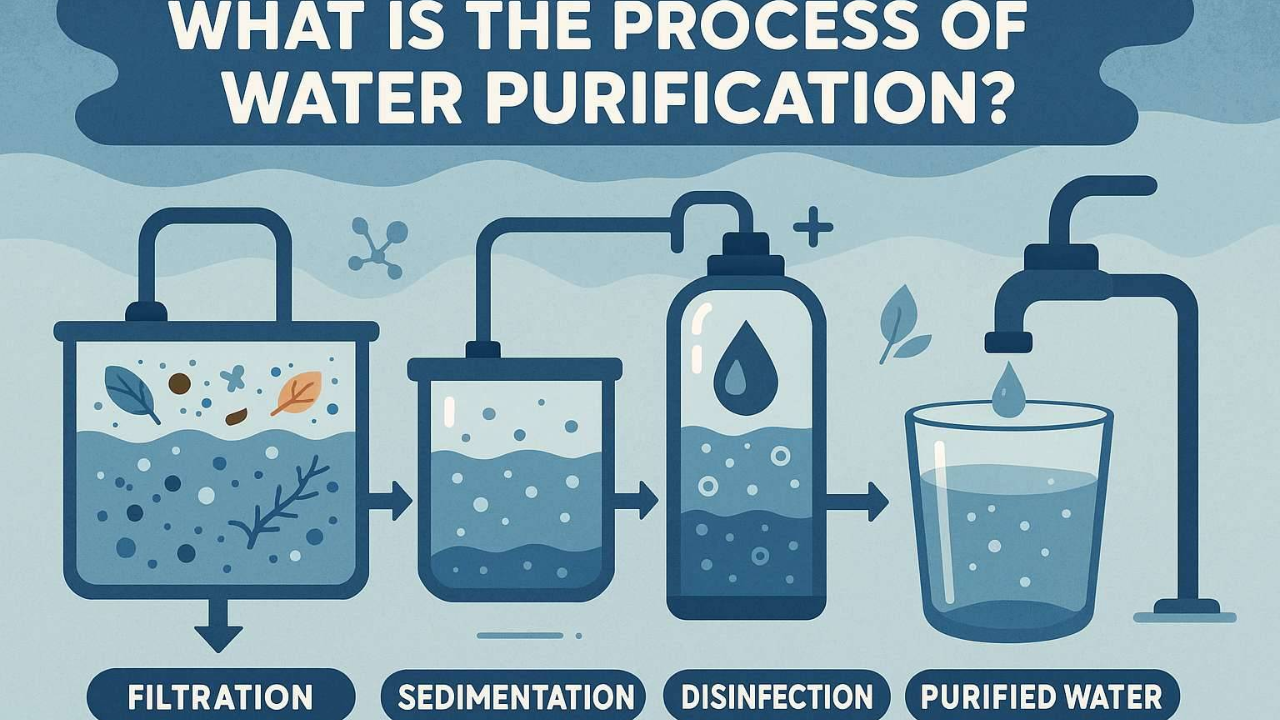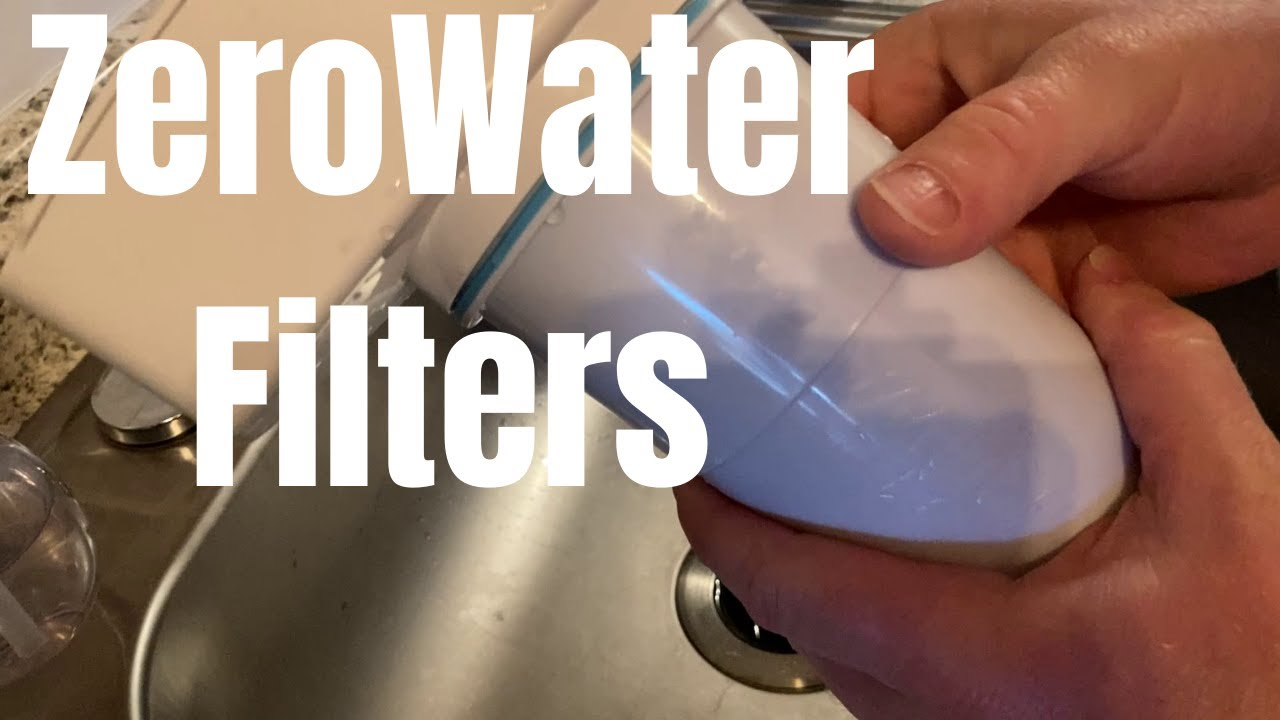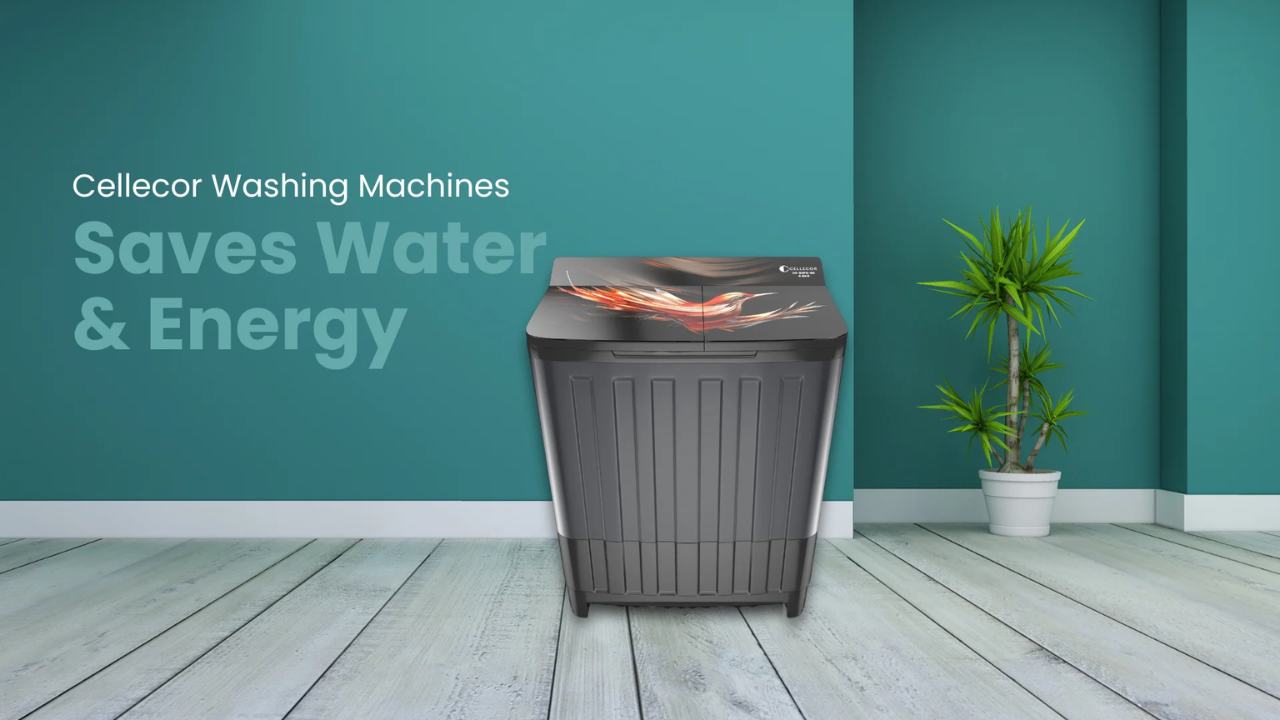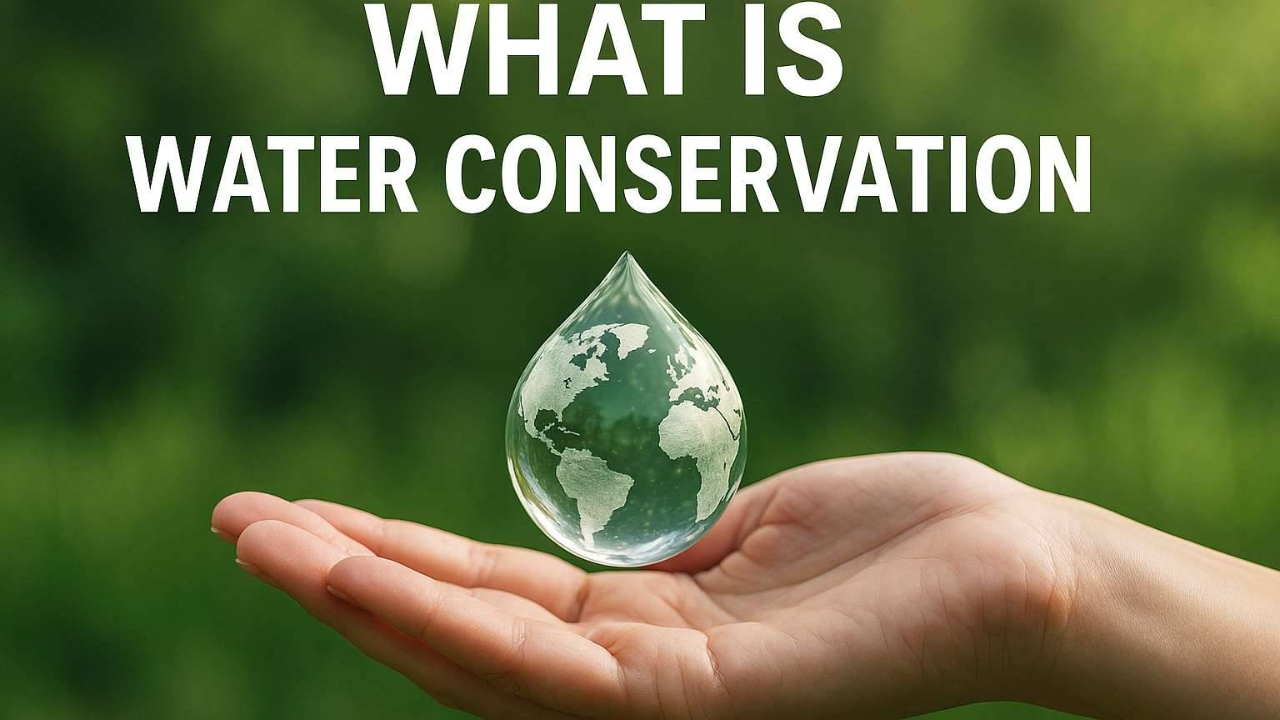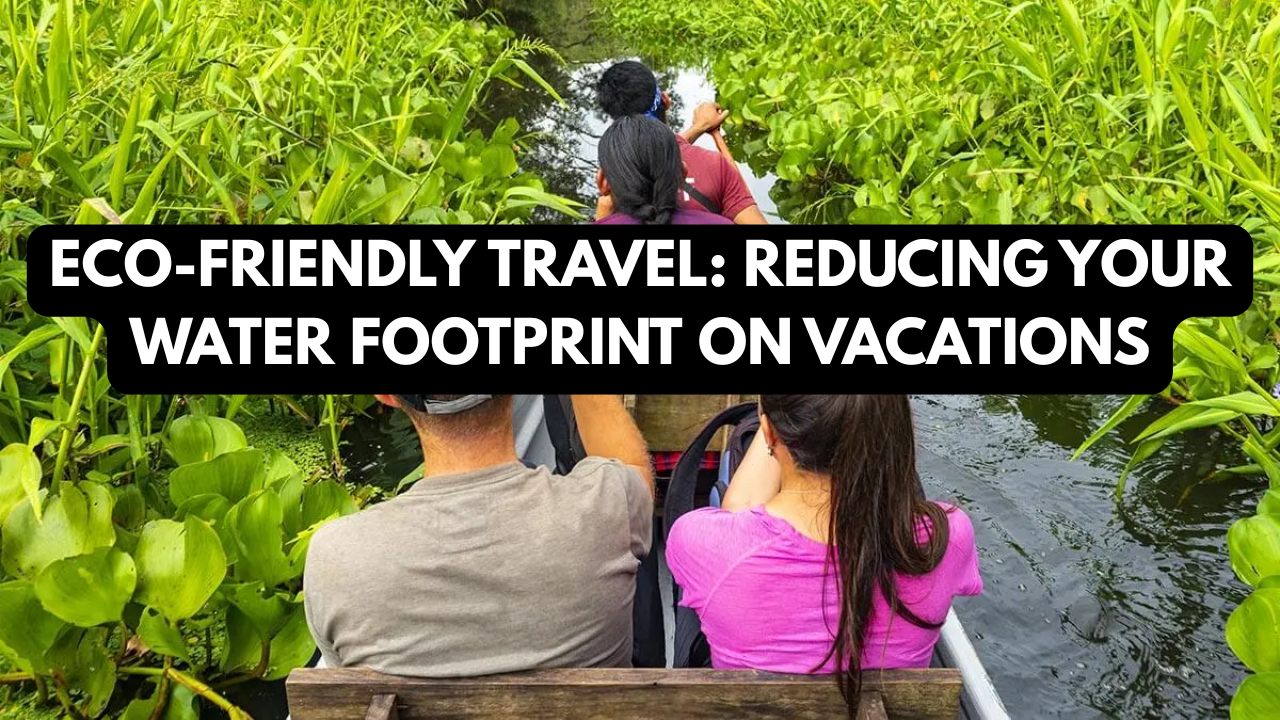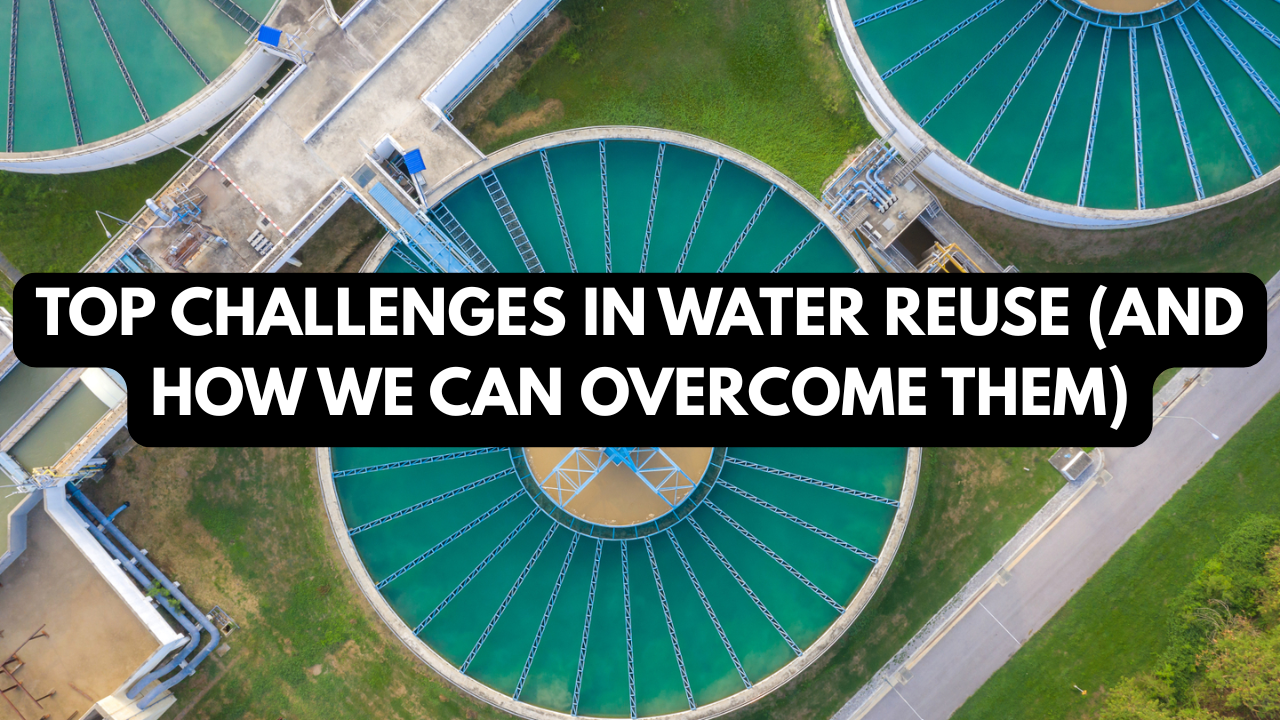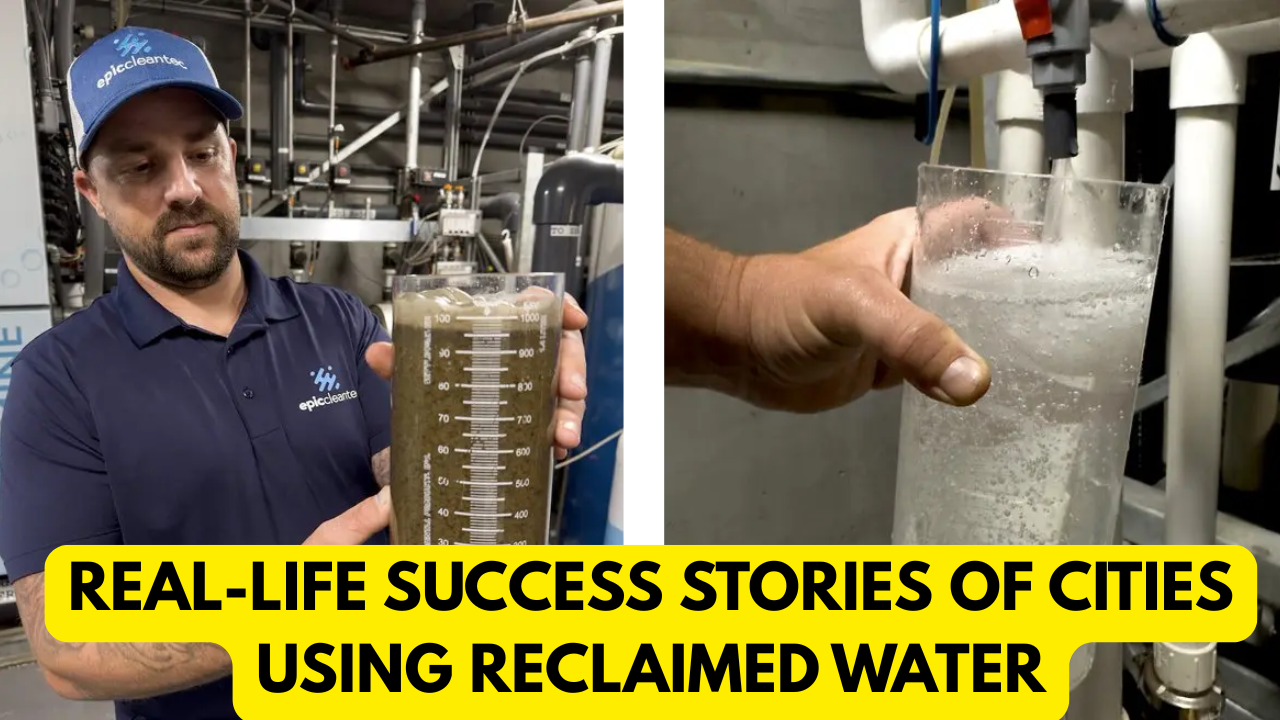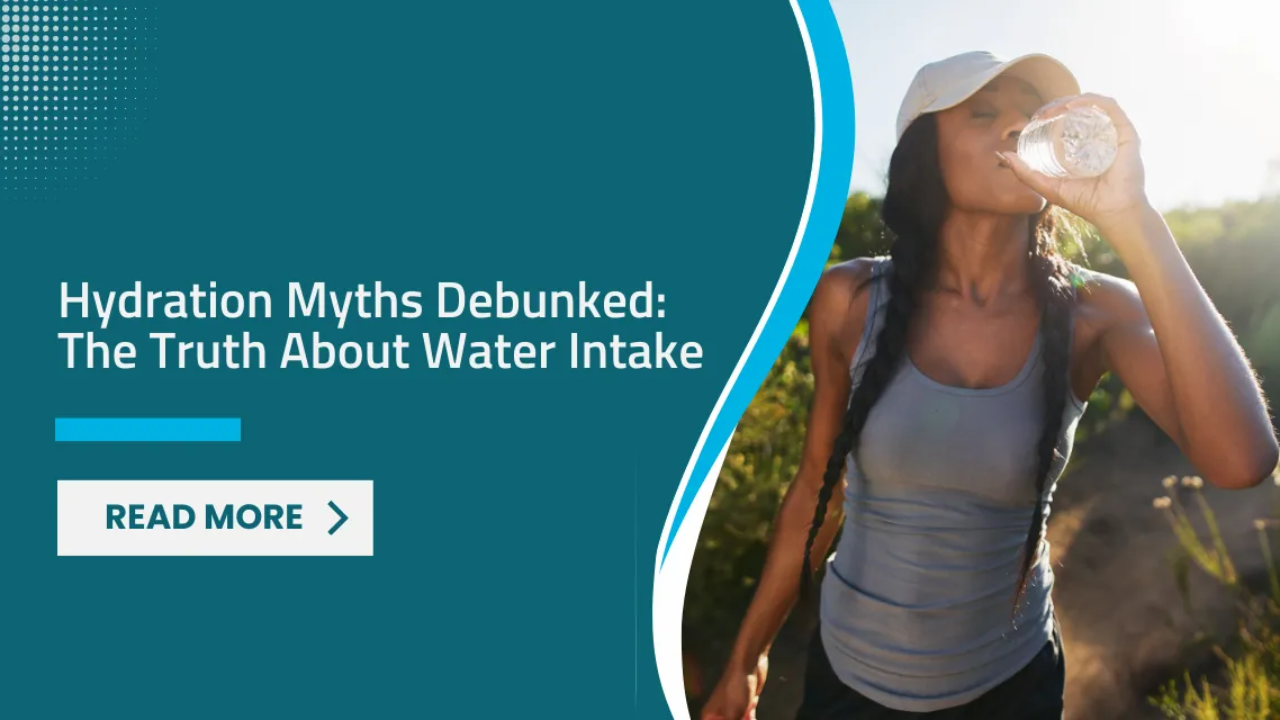How Recycled Water is Treated: Step-by-Step Process Explained
Water scarcity is becoming one of the biggest global challenges, and recycled water has emerged as a practical solution to ensure a sustainable supply. But many people wonder: how exactly is wastewater transformed into clean, safe, and reusable water? The process involves a series of well-structured treatment stages that eliminate contaminants, making the water suitable … Read more

